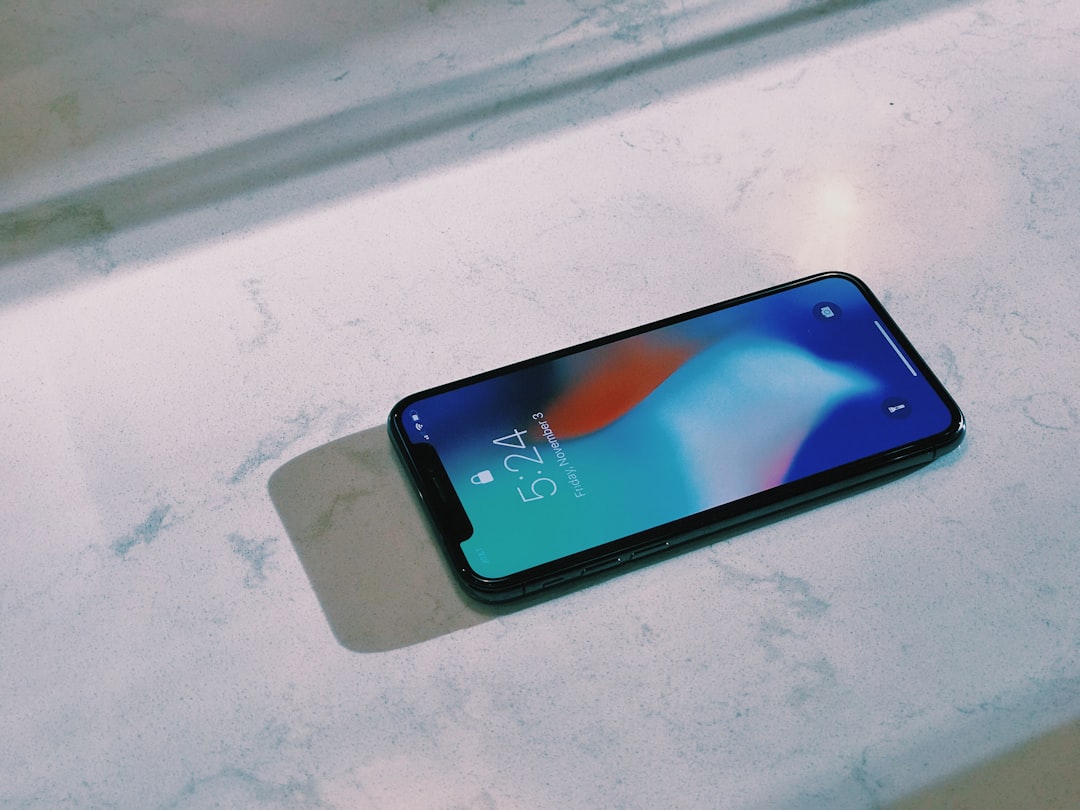In Louisiana, IRS scam calls are prevalent with scammers impersonating IRS representatives. To protect yourself, remember that the IRS doesn't contact citizens via phone for immediate payments or threaten arrest. Hang up, report suspicious calls, and consider blocking services, consulting a TCPA lawyer, or contacting spam call law firms in Louisiana. Register on Do Not Call lists and document interactions. Engage with federal protection offered by the TCPA and state laws, consult reputable spam call law firms or lawyers for long-term strategies, and stay informed about common scam tactics to effectively defend against tax scams and spam calls in Louisiana.
In today’s digital age, spam call scams have become a ubiquitous nuisance, with tax-related fraud being a particularly insidious variant. Gretna, your trusted guide, offers invaluable insights on identifying and avoiding these IRS scam calls. Understanding common tactics and red flags is the first step. This article provides a comprehensive strategy, from immediate responses to long-term protection, including legal rights and resources available in Louisiana. Equip yourself with these tools to stop spam calls for good and consult a skilled lawyer if needed, leveraging the TCPA laws in your favor.
Understanding IRS Scam Calls: Common Tactics and Red Flags

Understanding IRS Scam Calls: Common Tactics and Red Flags
In Louisiana, as in many states across the country, IRS scam calls have become a persistent nuisance. Scammers often pose as representatives from the Internal Revenue Service (IRS) to trick individuals into revealing personal financial information or paying bogus taxes. They may use urgent language, claiming that failure to respond immediately could result in serious legal consequences. Common tactics include demanding immediate payment through specific methods like wire transfer or gift cards, threatening arrest or deportation, and using intimidating language or fake badges to instill fear.
Red flags to look out for include unexpected calls from unknown numbers, demands for payment in a hurry, threats of severe penalties, requests for sensitive financial information, and a lack of official documentation. It’s important to remember that the IRS will never contact you by phone to demand immediate payment or threaten arrest. If you suspect an IRS scam call, hang up immediately and report it to local authorities or consumer protection agencies. Additionally, consider registering for a spam call blocking service in Louisiana, consulting with a lawyer specializing in TCPA (Telephone Consumer Protection Act) cases, or reaching out to reputable spam call law firms in the state for further guidance on how to stop spam calls effectively.
What to Do When You Receive a Suspicious Call: Step-by-Step Guide

If you receive a suspicious call in Louisiana, don’t immediately react or provide any personal information. Instead, take a moment to assess the situation. First, listen carefully for any red flags—pressured speech, a sense of urgency, or requests for immediate action. Next, verify the caller’s identity by asking for their name, company, and reason for contact. If they hesitate or cannot provide clear answers, it’s likely a scam call.
Then, document the interaction by noting the date, time, and any details you can remember about the caller. Save the call if possible as evidence. Afterward, report the incident to both your state’s Attorney General’s office and the Federal Trade Commission (FTC). You can also register your phone number on Do Not Call lists, though this may not stop all spam calls, especially from law firms or lawyers handling debt collections (TCPA cases) under specific circumstances. For legal assistance in dealing with persistent spam calls or for advice on your rights as a consumer, consult a reputable Louisiana-based law firm specializing in TCPA litigation.
Legal Rights and Recourses Against Spam Calls in Louisiana

In Louisiana, residents have legal rights and resources available to combat spam calls, which can often be intrusive and frustrating. The Telephone Consumer Protection Act (TCPA) is a federal law that offers protection against unsolicited telephone marketing calls, including spam calls. This legislation grants consumers the right to seek legal recourse against violators. If you’ve received unwanted spam calls, you have options. A reputable spam call law firm or lawyer for TCPA Louisiana can guide you on how to stop spam calls effectively. They can assist in filing complaints with regulatory bodies and even take legal action if necessary.
Consumers can register their phone numbers on the National Do Not Call Registry, which is a crucial step in preventing spam calls. Louisiana residents should also be aware of their state-specific laws regarding telemarketing practices. By understanding your rights and taking proactive measures, you can reduce the frequency of spam calls and enjoy more peace and privacy.
Protecting Yourself: Long-Term Strategies for Avoiding Tax Scams

Protecting yourself from IRS scam calls requires a multi-faceted approach that goes beyond just hanging up. In Louisiana, understanding the law is crucial. The Telephone Consumer Protection Act (TCPA) prohibits unwanted spam calls, including those pretending to be from the IRS. Engaging with a reputable spam call law firm or spam call lawyers in Louisiana can provide long-term strategies to avoid such scams. They can offer guidance on how to stop spam calls effectively and ensure you’re aware of your rights under the TCPA.
Additionally, staying informed about common scam tactics is essential. Never share personal or financial information over the phone unless you’ve initiated the call and are certain of the recipient’s identity. Regularly update your contact information settings to restrict unsolicited calls from government agencies or any other entities. By combining legal protection with awareness, Louisianans can better defend themselves against tax scams and spam calls.






